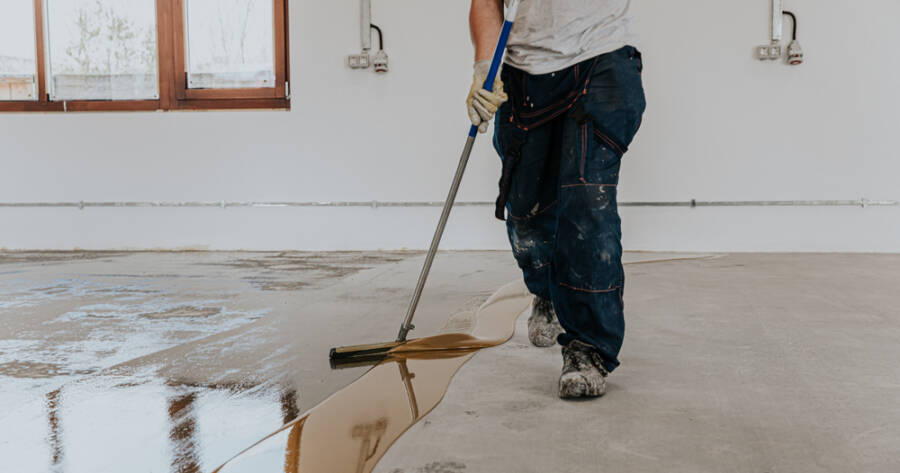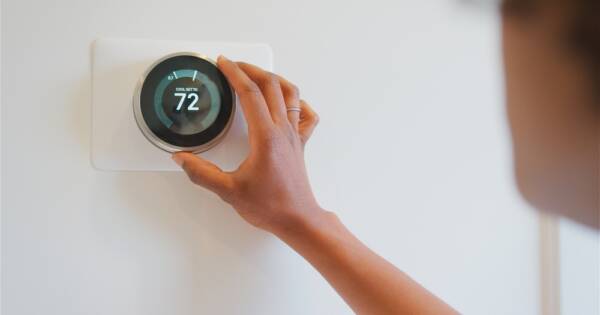Epoxy flooring combines resin and hardener to create a robust plastic surface ideal for both residential and industrial spaces. Renowned for its strength and resistance to environmental wear, this flooring solution offers lasting durability, easy maintenance, and hygienic surfaces. As the discussion unfolds, the focus will shift to understanding its applications, selecting the right installer, cost considerations, and maintenance tips essential for maximizing the benefits of epoxy flooring.
Understanding Epoxy Flooring
Epoxy flooring is a type of durable resinous flooring system involving a combination of resin and hardener. Once these materials mix, they create a chemical reaction that forms a strong, rigid plastic material.
This type of flooring is renowned for its durability, resistance to environmental factors such as chemicals, UV rays, and abrasions, and its attractive finish. Consequently, epoxy flooring is a popular choice for both residential and industrial applications due to its ability to withstand high traffic and harsh conditions over long periods of use.
The Benefits of Epoxy Flooring
There are numerous advantages to choosing epoxy flooring for your space. Firstly, it offers exceptional strength and longevity, with floors typically lasting between 10 and 20 years depending on use and maintenance.
This makes it an excellent investment for both homeowners and business owners looking for a long-term flooring solution. Additionally, epoxy flooring is easy to clean and maintain, as it resists staining, peeling, and chipping. Its seamless and non-porous surface prevents dirt and bacteria from penetrating, ensuring a hygienic environment with minimal maintenance.
Choosing the Right Epoxy Flooring Installer
To ensure the successful installation of epoxy flooring, selecting a reliable and experienced installer is crucial. It is vital to research local flooring companies thoroughly. This research should include reviewing online feedback on platforms like Yelp and Google, as well as examining companies’ websites and past project portfolios to evaluate reputation and quality.
Comparing pricing and services among contractors can further guide users in selecting a reputable installer at a fair price. Additionally, recommendations and references from trusted sources can provide invaluable insights into past customer experiences.
Industrial vs. Residential Epoxy Flooring
While the basics of epoxy flooring installation remain consistent across different environments, certain factors must be considered when installing in either industrial or residential settings. In industrial settings, the flooring must withstand extreme conditions and heavy machinery, whereas residential applications typically focus on aesthetics and longevity. Companies like Everlast® Epoxy provide specialized solutions tailored to these different needs, ensuring both performance and aesthetics.
Cost Considerations
The cost of installing epoxy flooring can vary significantly depending on factors such as the size of the area, type of epoxy used, and any additional decorative elements. On average, installing epoxy floors costs between $730 and $5,300, with the cost increasing for larger or more complex projects.
Decorative flakes or metallic finishes further increase the expense. When budgeting for epoxy flooring, it is essential to consider both upfront costs and the long-term value of a higher initial investment in a durable, low-maintenance flooring solution.
Maintenance and Longevity
Epoxy flooring’s longevity largely depends on the quality of the materials used and how well the floor is maintained. To extend the life of epoxy flooring, regular cleaning is crucial to prevent debris buildup that can cause scratches.
Avoiding harsh cleaning materials and opting for a soft mop helps maintain the floor’s integrity. If the flooring sustains any damage, timely repairs are recommended to prevent further deterioration and maintain its functional and aesthetic qualities.
Why You Should Learn More About Epoxy Flooring Today
Epoxy flooring offers numerous advantages, making it an ideal choice for durable and attractive floor solutions. Whether for residential or industrial settings, the protective qualities and aesthetic options ensure that there is an epoxy flooring solution to match any need.
Given the wide range of uses and the significant investment involved, understanding the specifics of epoxy flooring, installer selection, and maintenance requirements can greatly enhance the long-term utility and satisfaction of your flooring system.




